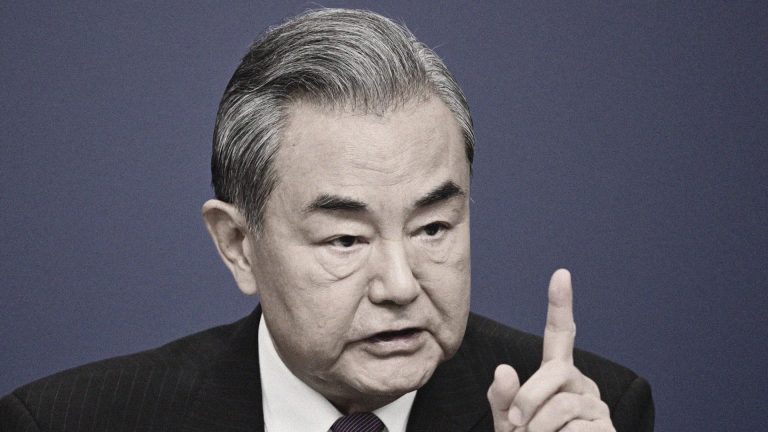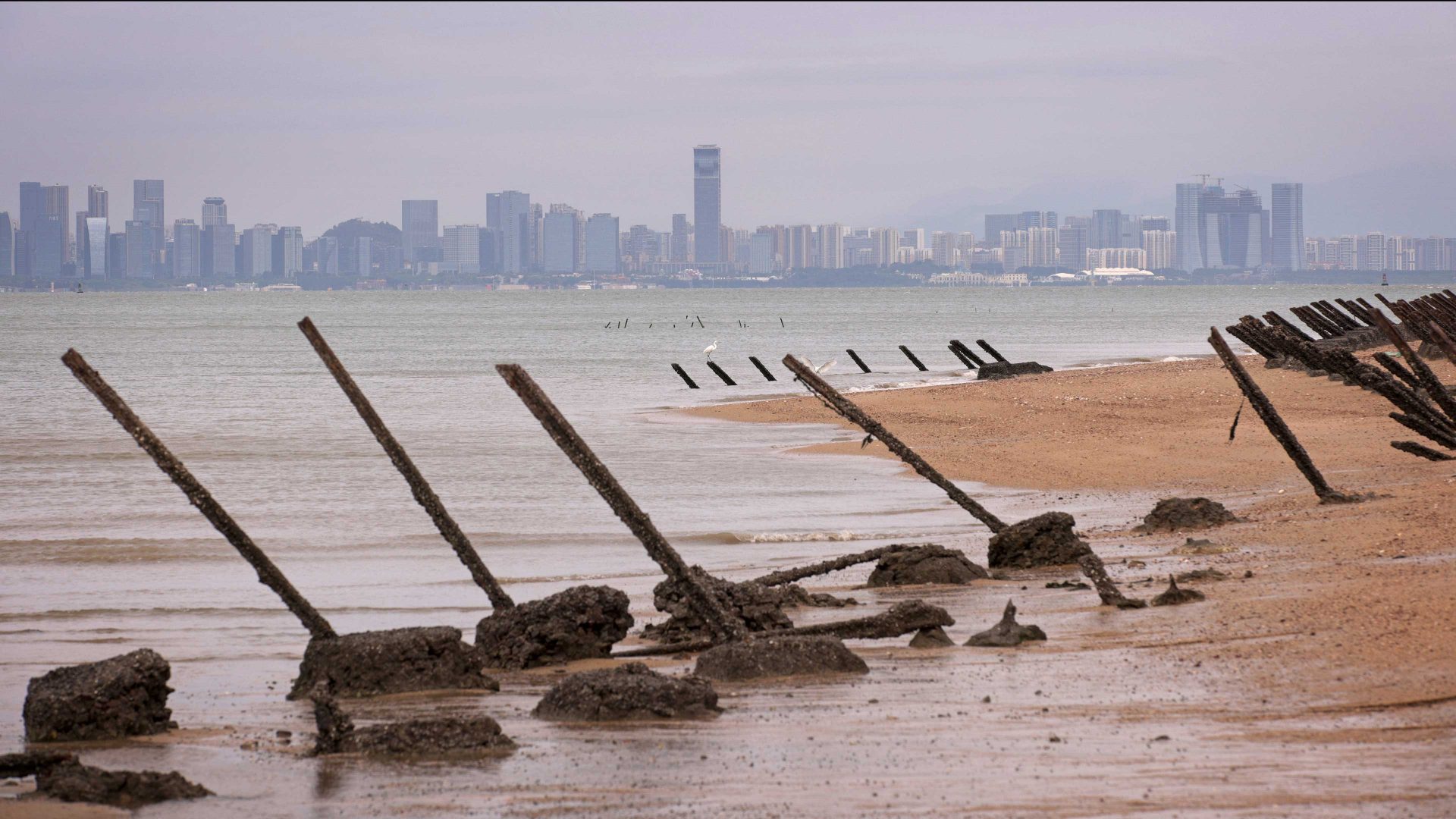If someone commissions an audit and then suppresses the results, the assumption has to be that they have discovered something bad. Labour began its cross-Whitehall “China Audit” a year ago, but after its conclusion this week we are none the wiser about the biggest question facing us in the 21st century.
Is the UK happy to see the People’s Republic of China become – as it intends to – the dominant global power by 2049, reshaping the world system towards its values and priorities? Or not? And is China a “threat” to the United Kingdom or merely a “systemic competitor” as the Tories dubbed it in the 2021 Integrated Review?
In his report to parliament on the audit, David Lammy told MPs that “much of the audit was conducted at a high classification” and that “most of the detail is not disclosable without damaging our national interests.”
But we can guess the contents from the actions announced: there’s an extra £600m for the intelligence services – signalling that Chinese espionage against us is significant and ongoing. There’ll be new laws to combat “state threats,” signalling the government believes China is stoking division and extremism here. There will be a fast-track programme to train civil servants to speak Mandarin and understand Chinese politics, signalling that too few people in Whitehall have a clue what Xi Jinping is actually up to.
But the overall emphasis is still on collaboration. Lammy seemed to accept it as an inevitable fact that British universities have become entirely reliant on Chinese student fees, and that 11% of British science is now co-authored with the PRC.
Let’s be clear: it was the Conservative government that left us in this situation of dependency and strategic confusion: Cameron and Osborne declared a “Golden Age” of relationships with Beijing; Boris Johnson let Huawei compromise the security of Britain’s digital fibre-optic system – and then declared an “Indo-Pacific Tilt” of British defence policy, suggesting that our hollowed-out armed forces could in some way move the scales of the strategic balance in the region.
But the fact that Labour was forced to keep the audit’s conclusions secret signals the depth of the problem. We cannot publicly acknowledge the level of crime, pressure, espionage, sabotage, political interference and surveillance that the PRC is conducting against us, for fear of damaging commercial and scientific relationships.
Unfortunately, the longer we refuse to confront the most strategic question facing British foreign policy in the open, the more negative the consequences will be.
Unlike our own polity, China’s is led by professionals: people who have studied concepts of national power, conflict and strategic advantage for decades, using a mixture of world systems theory and Marxism. I’ve been lucky enough to have sat at the back of the lecture hall in the Beijing Party School, and I can tell you the Chinese Communist Party is deadly serious about using a mixture of hard and soft power to reshape the world.
The danger is that China misreads our reticence to speak publicly about the threat it poses as weakness. And though the urgent threat to UK national interests lies in Russia, which is conducting a much more blatant campaign of hybrid aggression against us, the Chinese threat remains the most strategically important. That is not because it intends to attack us, or even because it is covertly aiding Russia. It is because only China has the power to end the post-1945 rules-based order and replace it with one where regional superpowers can do as they wish.
Unfortunately, any reading of Donald Trump’s actions against Iran has to conclude he is conniving with Xi towards that overall goal. Both Israel and the USA just demonstrated to the People’s Liberation Army what naked force and technological dominance can achieve. The danger is that it encourages Xi to focus even more aggressively on a military solution in Taiwan.
Since 2021, US planners have assumed that China will have the capability to invade and conquer Taiwan by 2027, which is the centenary of the PLA’s foundation. Though both sides have since sought to downplay 2027 as a potential flashpoint, there is strong evidence that China is ramping up the capabilities needed.
Suggested Reading


Our media obsession with Trump is playing into China’s hands
It is building ships that can double as bridges, allowing container and RoRo vessels to land invasion troops in huge numbers. It has tripled its long-range ballistic missile inventory, allowing China to hit every US base in the Pacific simultaneously, should it choose. And its air defences are already so good that US military planners have given up any idea that they could do what Israel just did to Iran. In the event of any war, it would be America on the defensive.
I doubt there is a single Brit, outside the crazed circles of the Tory right, who would want our country to participate in the defence of Taiwan should it come under attack. Yet the consequences of an invasion would be severe: Taiwan is the world leader of semiconductor design and manufacture. And as Lammy intimated, any breakdown in trade relationships between China and the UK would have much more negative consequences for us than them.
But to deter aggression, you must show strength. You have to be prepared to say that, if push comes to shove, we will tell our universities to do without the fees of Chinese students, and our science labs to find collaborators from elsewhere. You must be prepared to name, shame and disrupt the influence operations China is carrying out in Britain.
If China blockades, destabilises or invades Taiwan, there is little we can do directly. Nor is it likely that the USA would ask us to – other than to backstop the forces it would then deploy from Europe and the Middle East to the Pacific.
The government’s new National Security Strategy warns that, in the future, we might have to choose between our values and our interests. But when it comes to the question – should authoritarian China dominate the world by mid-century? – both our values and our interests are aligned. The answer is no.




